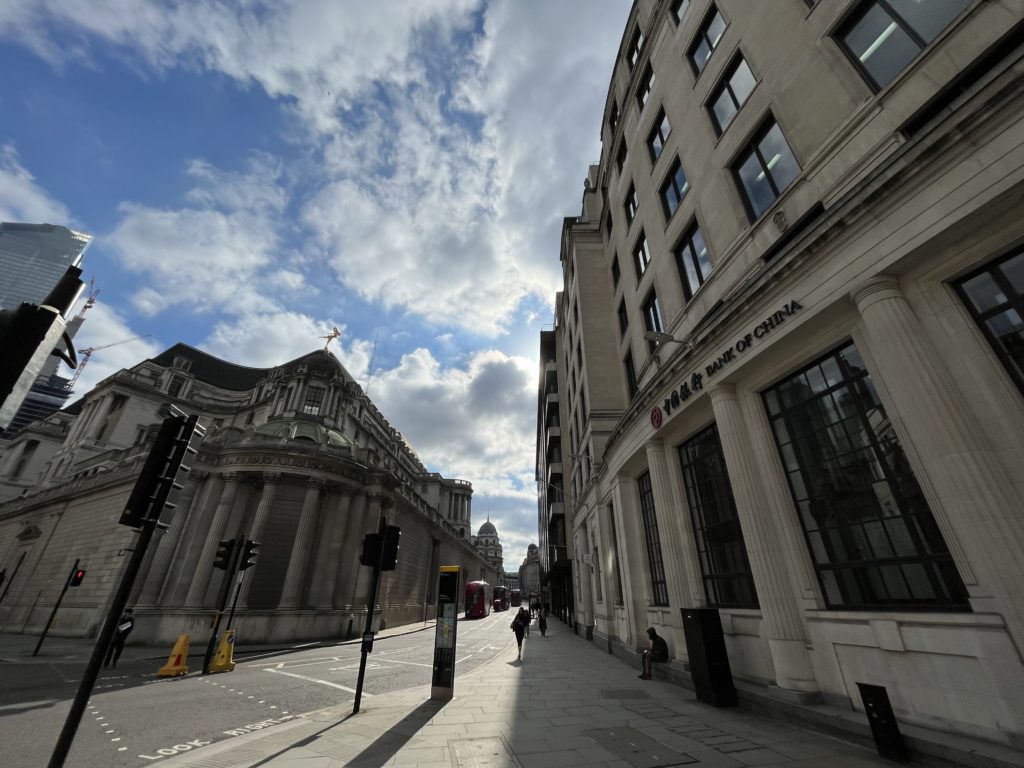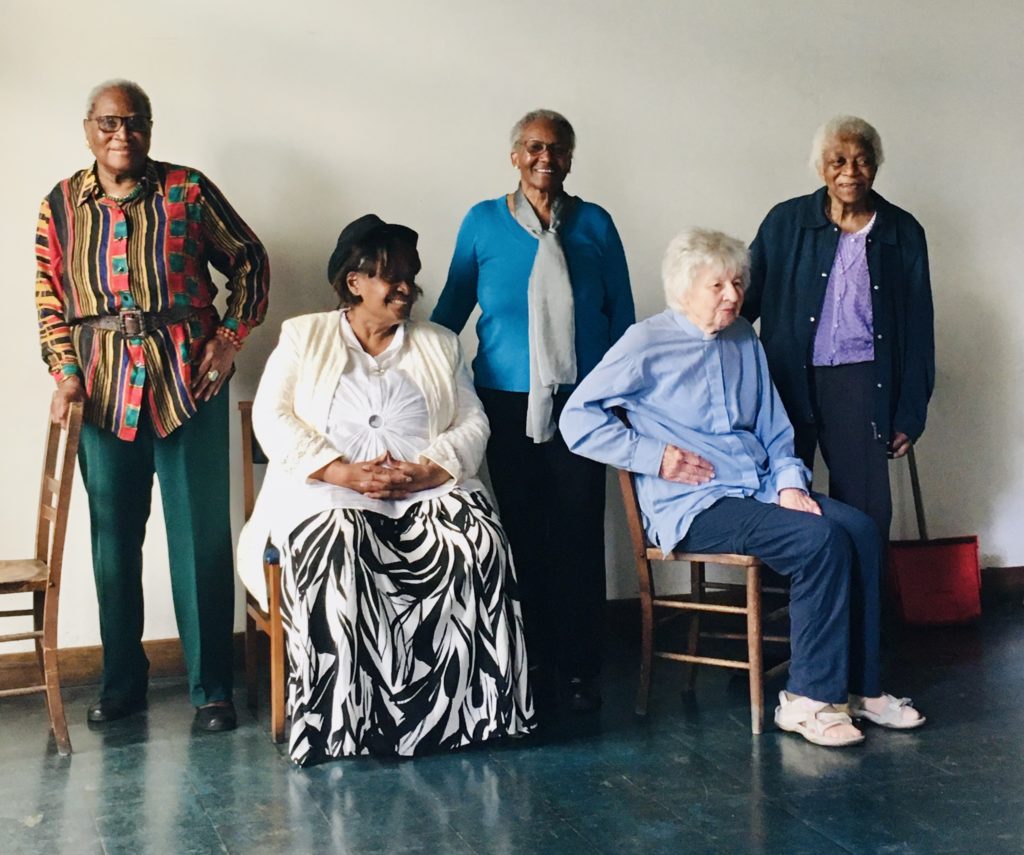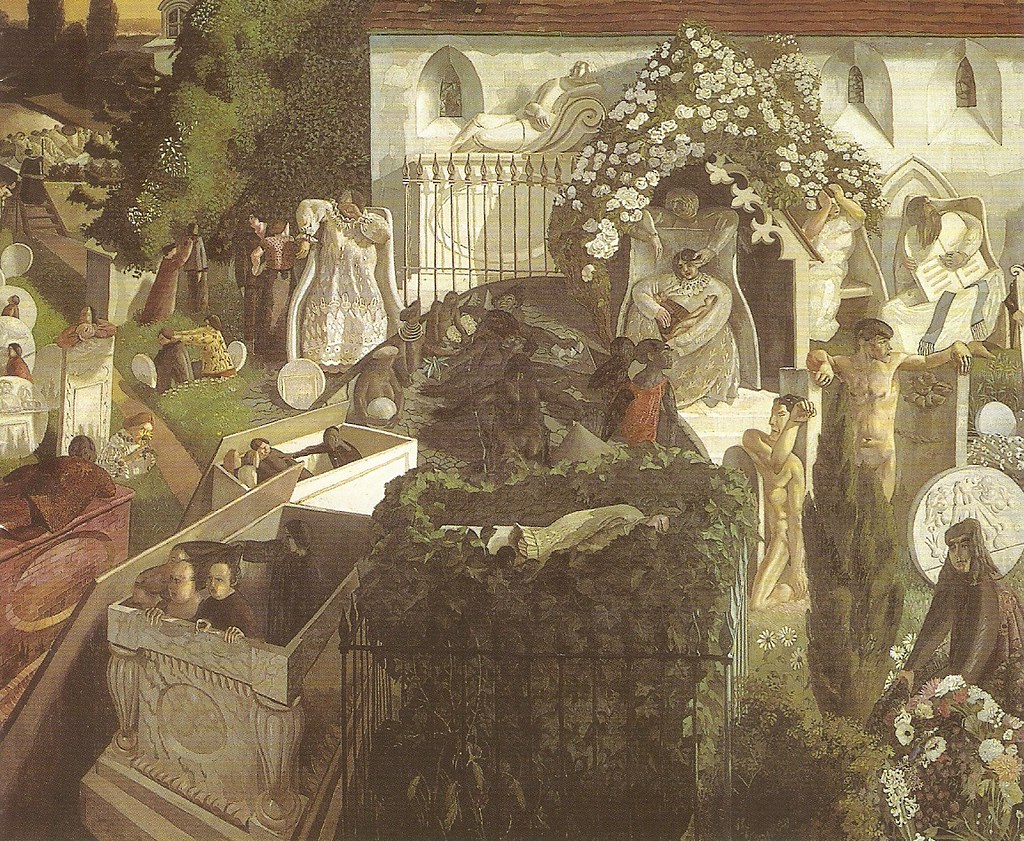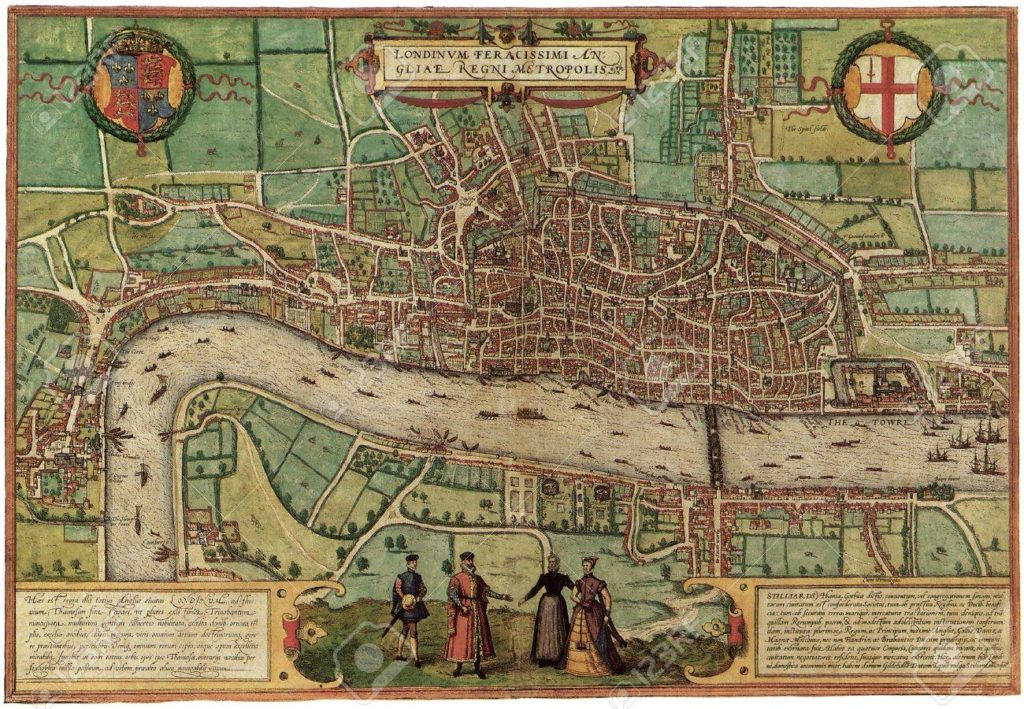The Russian Bank voting in the City this week
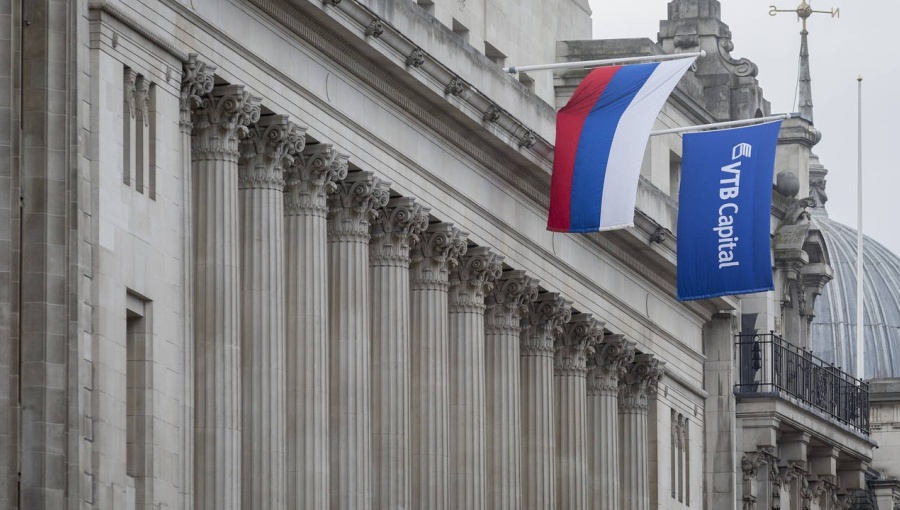
It’s ten years ago today that I stood for election in the City of London. I stood in Walbrook ward and I got 28 votes. It sounds like a trouncing but these are tiny wards. The victors romped over the line with only 64 votes.
My election campaign also supplied some good footage for Mark Donne’s exploration of the City’s love affair with tax havens, The UK Gold, which is still available for viewing on Amazon Prime. So it was all worth it.
Walbrook ward is at the heart of the riddle that is the City of London franchise. This is the voting system that allows workers to vote as well as residents. I have written more about this here, but suffice it to say that in this most ancient political jurisdiction, one of the oldest civic democracies in the world, we have in this ward a situation where the Bank of China has votes whereas the Bank of England doesn’t.
And that’s not all in this topsy turvy franchise. As I discovered today, VTB Capital PLC is also getting ready to send its workers to the polls in Walbrook on Thursday.
VTB is a Russian state bank that was sanctioned a month ago and then suspended from the Stock Exchange. But nonetheless, as a qualifying body, it has 11 votes in this year’s Common Council elections. If they vote as a block they could impact the election, which is a curious thought under the circumstances.

Are they still allowed to vote? I asked the Chair of Policy in the City yesterday. “Interesting question,” she said, “I will check”.
I thought I would check myself and rang the electoral office this morning. The electoral registration officer said that there was nothing to stop them voting.
“The City elections are not on the government radar” she says, “and, besides, it’s too late to change it.”
“But when they make their voting appointments, they need to reflect the composition of the workforce – how do they do that when half their workers are Russian?” I ask.
“It makes no difference. They are still counted as part of their overall tally. Only the voters themselves have to be British, Commonwealth or EU Citizens.”
With the ward list in front of me I go onto LinkedIn and work out who’s who in their line-up. It looks to me that they have simply appointed the board of directors with a couple of PAs, both women. My concern is that low paid workers as well as the top earners should be voting.
I identify the person who looks like the Company Secretary in the list and then find another website that generates an email and a telephone number. I ring it. An Irish geezer answers the phone.
“Yes.” he says, he has the voting information somewhere on his desk. I can hear him shuffling papers around. “Here we are. Voting on Thursday. Happy to help, matey. Where’s the polling station?”
I say it’s under Mansion House.
“I’ll head down there on Thursday. What’s your name?”
I explain that I’m not standing for election. I say I’m just interested in how VTB allocated its votes, how they appointed their voters.
He becomes a little hazy, and maybe a little suspicious, and refers to a meeting they had a while ago.
“We just split them across the executive group – with different individuals representing the different divisions of the bank. That seemed to work out pretty well,” he says.
“What about the cleaners and support staff? The act requires you to reflect the composition of the workforce…”
There is a momentary hiatus. It’s an hiatus in which you can hear the penny drop. I’m not asking for his vote. I’m not even asking him about the sanctions. I’m asking about democracy.”
“I don’t have time to talk about this. It’s too late to change anything. Goodbye!”
